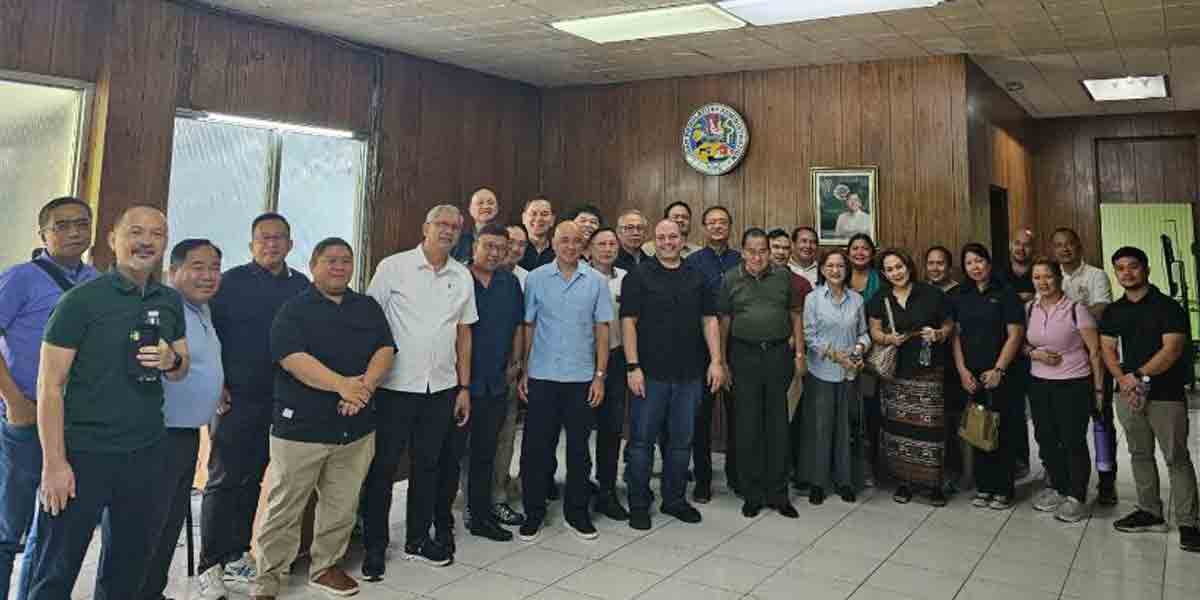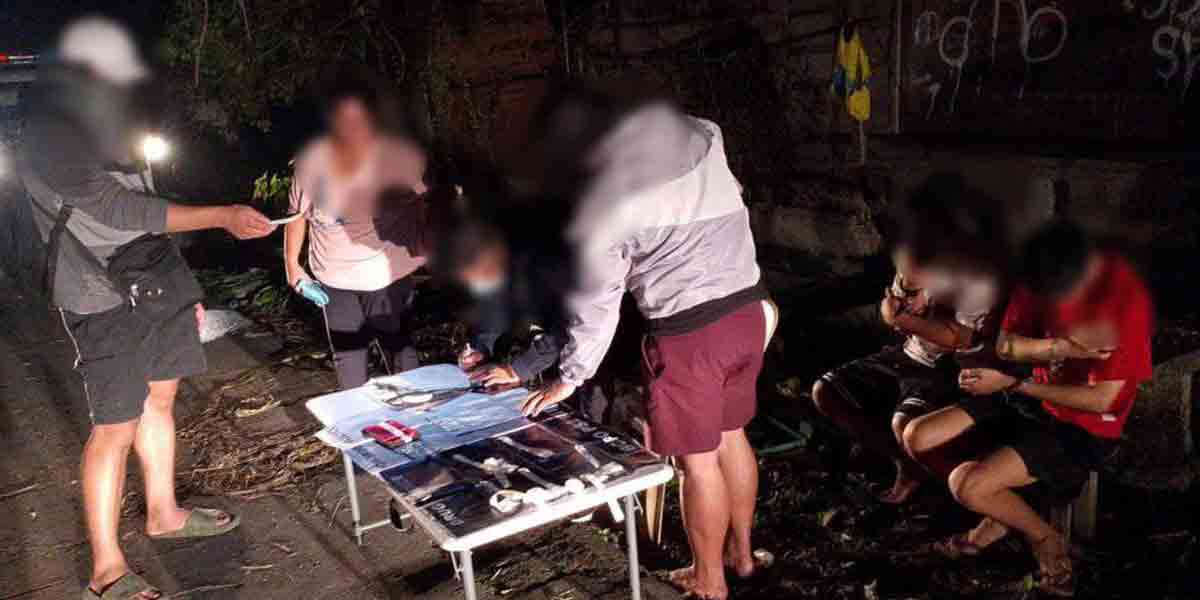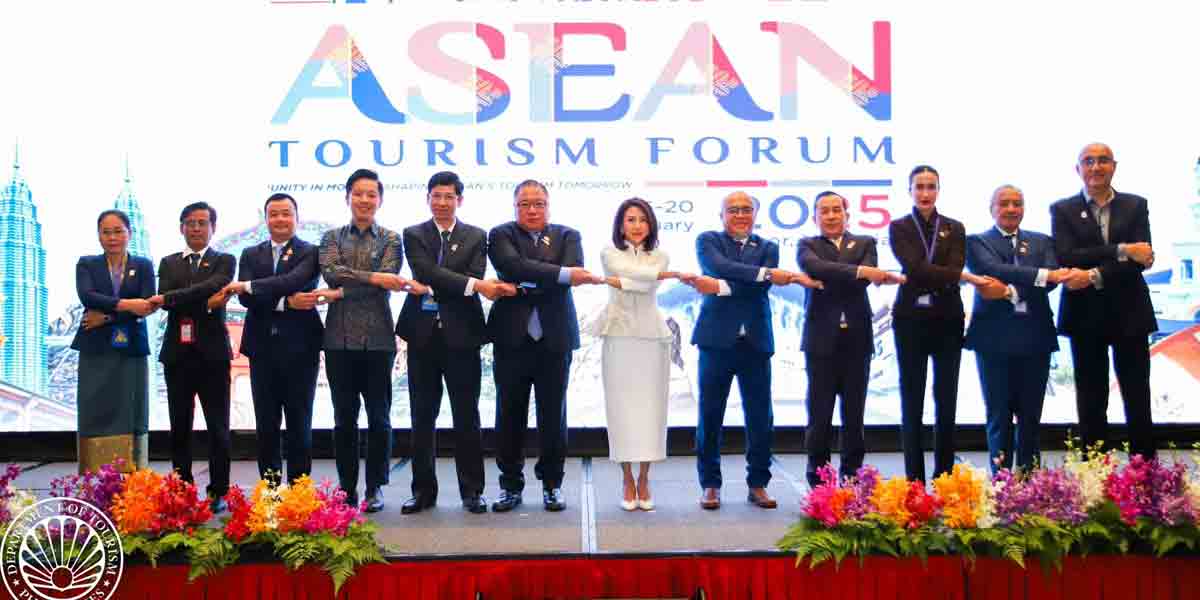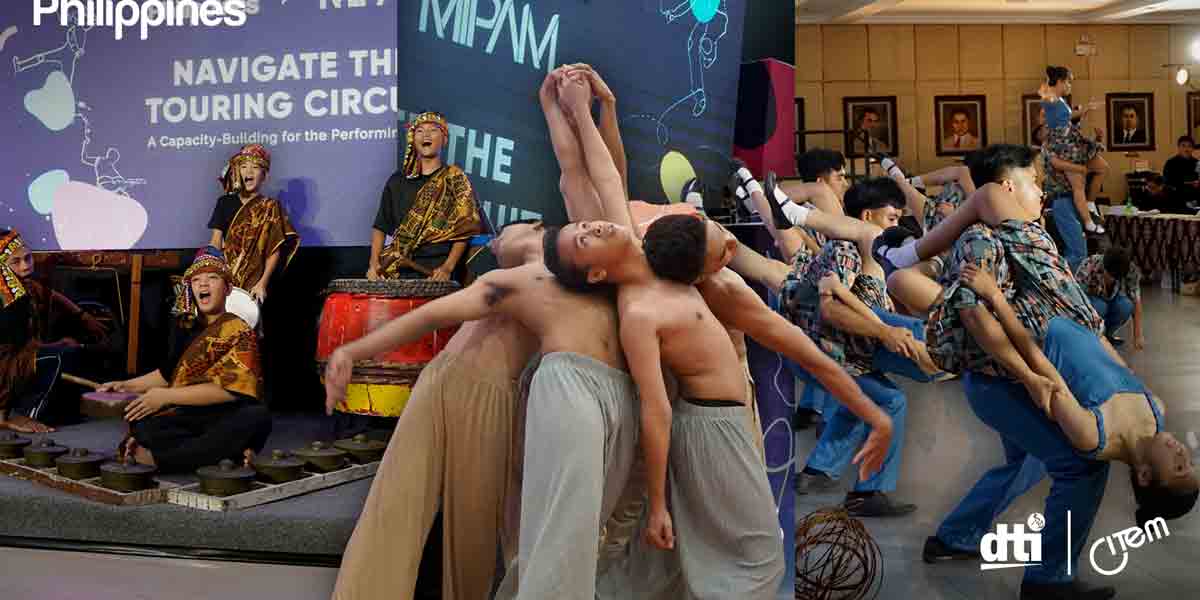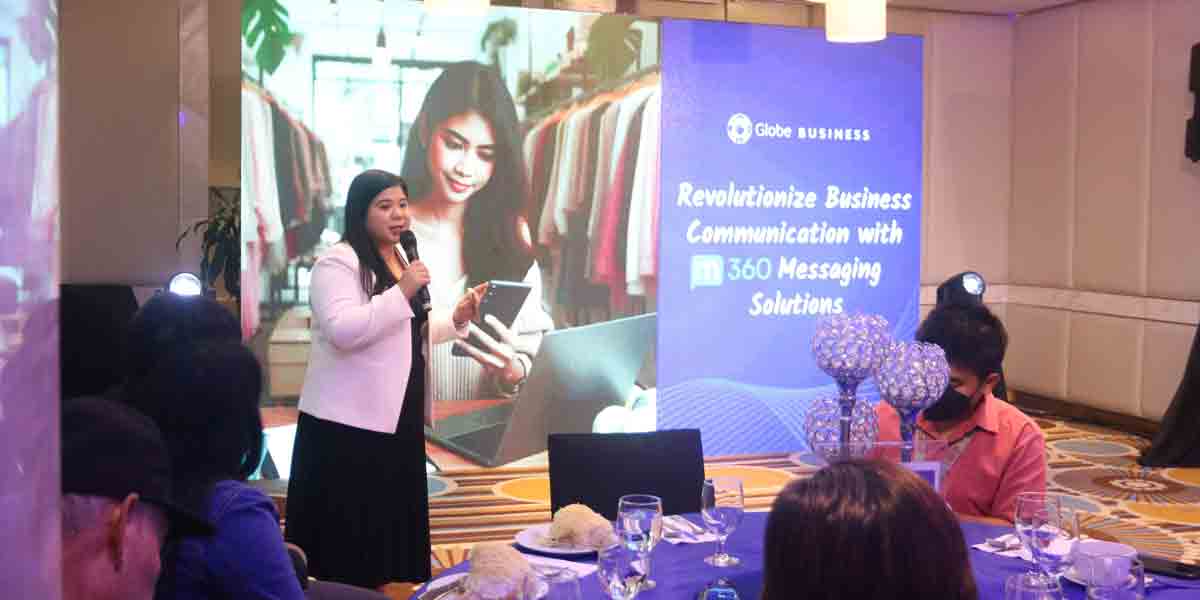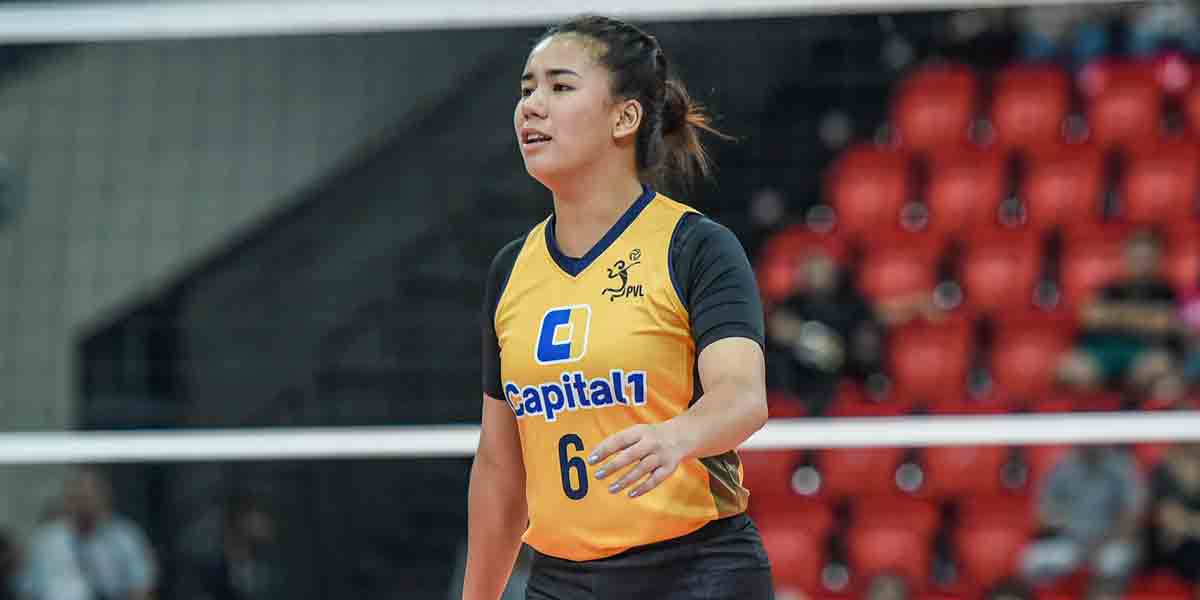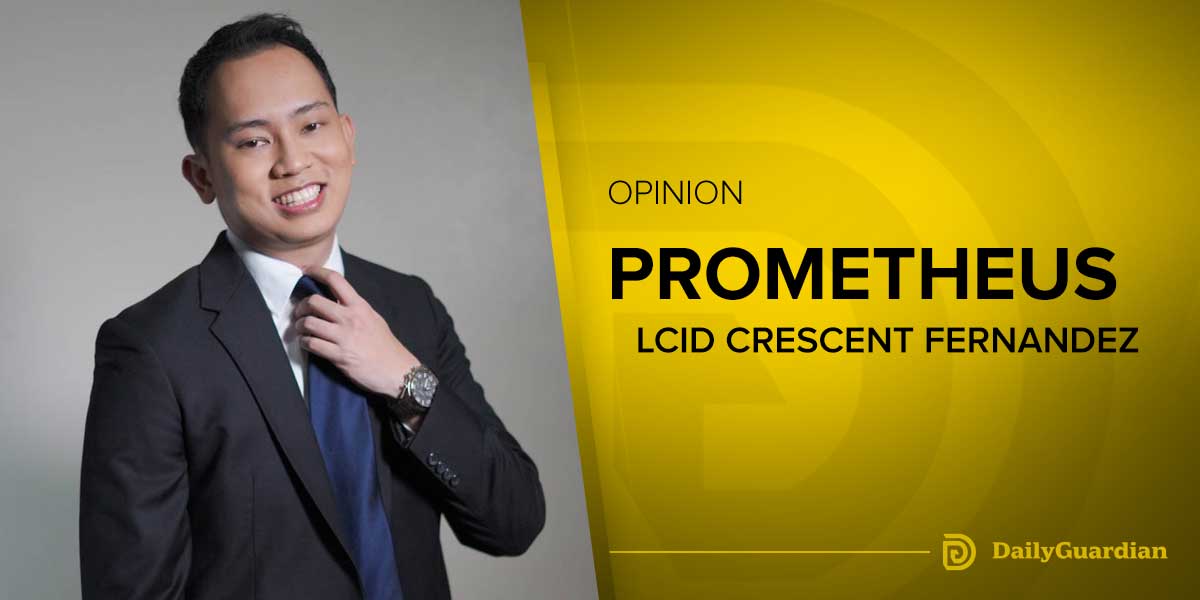 By Artchil B. Fernandez
By Artchil B. Fernandez
Only 3 in 10 Filipinos are willing to be vaccinated against Covid-19. This is the finding of the nationwide Social Weather Station (SWS) survey conducted from April 28 to May 2, 2021.
The survey results revealed that only 32 percent of those surveyed are willing to get Covid-19 shots while 33 percent are unwilling to be vaccinated. A little over a third (35 percent) of those surveyed is uncertain of getting the vaccine.
Recent SWS survey on vaccination indicates a big drop in the willingness of Filipinos to be vaccinated. In the last survey of SWS on vaccination (September 2020) prior to the latest, two-thirds (66 percent) of respondents were willing to get vaccinated if the vaccine “is available now” at that time.
Latest data on vaccination show public hesitancy if not resistance to vaccination remains strong. In a survey on vaccination done by Pulse Asia from February 22 to March 3, 2021 only 16 percent of the respondents want to be vaccinated. A significant majority (61 percent) of those surveyed said “no” to vaccination while almost a fourth (23 percent) said they “cannot say” or unsure if they want the vaccine.
Safety is the top reason cited by those who are hesitant to get a vaccine. In the latest SWS survey, among those who are unwilling to be vaccinated, 39 percent said they fear the possible side effects of the vaccine. Over a fifth (21 percent) of respondents believes the vaccines are not safe or effective while a little over a tenth (11 percent) thinks they might cause death.
Findings of latest SWS survey support the results of the February-March 2021 Pulse Asia survey. Almost three-fourth (84 percent) of respondents said they are not sure of the vaccines’ safety. A small proportion said the vaccine might not be effective and vaccine not needed to combat Covid-19, 7 percent and 6 percent respectively.
Deep public distrust and suspicion on vaccines were instigated by the Du30 administration prior to the outbreak of the Covid-19 pandemic. In 2017, the present administration fomented public hysteria against vaccines by fanning the Dengvaxia controversy. Even though no death had been conclusively linked to the dengue vaccines, the Du30 administration roused public suspicion on the vaccines to damage its predecessor. That political stunt considerably destroyed public confidence in vaccines.
Now the Du30 administration is reaping what it sowed. In the time of pandemic where vaccination is badly needed, it has to work doubly hard to convince Filipinos to get the shots, thanks to the Dengvaxia scare it incited.
But it seems Du30 and his officials have not learned anything from the Dengvaxia controversy. While it targets to achieve herd immunity so the country can recover from the pandemic, its actions sabotage its own vaccination program.
The advent of vaccines in the pandemic turned Du30 into a medical salesman, pushing and unabashedly promoting China-made vaccines. As early as June 2020, the Philippines nearly secured 10 million doses of Pfizer vaccines but Du30’s favorite official, Health Secretary Duque dropped the ball. Duque’s reckless action scuttled the deal and instead of receiving the vaccines in January 2021, the Philippines got them by March, the last country in Southeast Asia to secure vaccines. In accordance with Du30’s wishes, the first vaccines to arrive in the country came from his master, China.
Instead of allying public fear on vaccines, shameless promotion of China vaccines by Du30 and his officials have only stiffened public resistance to vaccination as The latest SWS survey has shown. Filipinos are suspicious of the motive of Du30 for actively pushing made-in-China vaccines, reinforcing their distrust on vaccines.
Last week, Du30 ordered local governments not to announce the brand of vaccines in vaccination sites. The order came after huge crowds came when local governments in Metro Manila announced the availability of Pfizer vaccines. Sparse people on the other hand came to vaccination centers offering China vaccines.
Public rejection of China vaccines prompted Du30 and his officials to decry colonial-mentality among Filipinos and slammed them for being choosy. But isn’t the preference for China vaccines of Du30 and his officials also colonial mentality? China is an expansionist imperial power salivating on the territory of the Philippines.
Withholding the name of the brand to vaccine recipients violates the principle of informed consent. People have the right to know what will be injected into them. Du30’s attempt to force Filipinos to take the China vaccines by withholding information on vaccine brands is a gross violation of medical ethics.
Filipinos have the right to choose the brand of vaccines injected into their bodies. Why choose a vaccine with 50 percent efficacy (Sinovac) when there is a vaccine (Pfizer) with 90 percent efficacy? China-made vaccines are distrusted since data on their clinical trials have not been made public. There is no independent body that evaluated the data of China-made vaccines and there is no publication of the results of their clinical trials in peer-reviewed journals. The murky data on the China vaccines is the main reason Filipinos are not willing to take them. Transparency is paramount when it comes to vaccines.
Du30’s insistence of China vaccines is vaccination sabotage. He is subverting the vaccination effort of his own administration with his aggressive backing of the distrusted China vaccines. A skeptical public cannot be convinced to get shots by offering them questionable vaccines. The skepticism can only be assuaged by trusted vaccines.
A puppet’s dilemma confronts Du30. As a dummy of China, he must promote the products of his master but at the same time must convince Filipinos to get vaccinated. It is really hard to be a tool of a foreign power and a traitor to one’s country.

